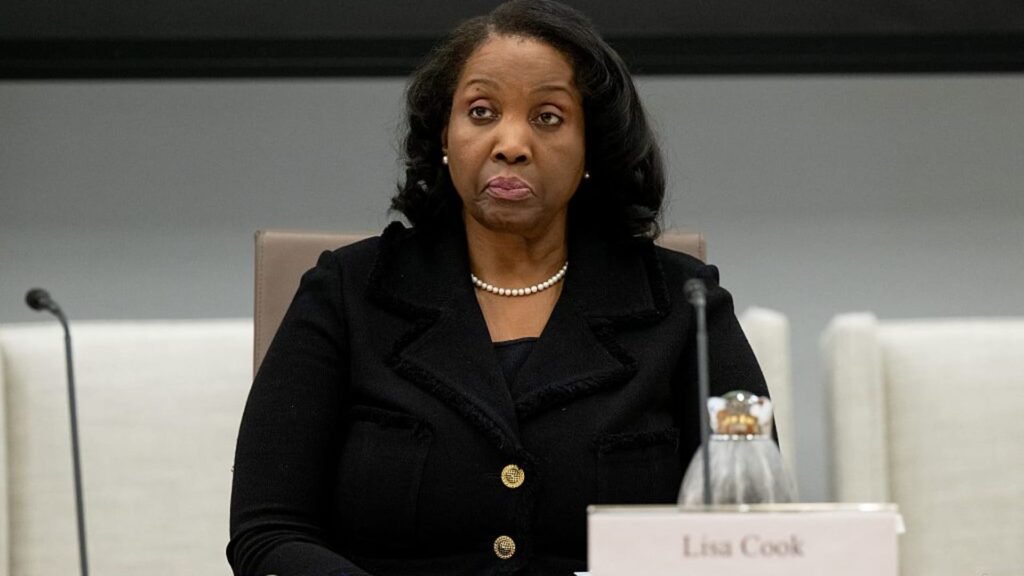His remarks further reinforced the message 10 years ago from Yu Zhengsheng, then chairman of China’s top political consultative body, at the 50th anniversary celebrations, which in turn reflected the position Xi himself had just laid down in a speech on Tibet.
Stability has always been seen as indispensable to development, but Xi’s emphasis on it now underlines its paramount importance to landmark projects amid geopolitical tension and uncertainty. “To govern and to develop Tibet, the first thing to do is to ensure political and social stability, as well as ethnic unity and that religious people are in harmony with society,” Xi said.
In that regard, he highlighted the importance of major infrastructure projects in Tibet to regional and national economic development. Chief among them are a mega hydroelectric project on the Tibetan Plateau and the Chengdu-Tibet railway. The estimated 1.2 trillion yuan (US$167.7 billion) dam project on the Yarlung Tsangpo River is said to be the largest of its kind in the world, with an estimated annual capacity of 300 billion kilowatt-hours of electricity – three times that of the Three Gorges Dam. Beijing first announced it in 2020 under its five-year plan as part of a broader strategy to exploit the hydropower potential of the Tibetan Plateau.
Xi’s visit indicates Beijing attaches high importance to the region’s development. He led a large high-level entourage, including Wang Huning, China’s top political adviser, and Cai Qi, the president’s chief of staff – the fourth- and fifth-ranking members of the Politburo Standing Committee. With Xi seated on the podium in Potala Palace square, Wang told an audience of 20,000 that “Tibet has entered its best period of development, experiencing the greatest changes and bringing the most tangible benefits to people of all ethnic groups”.
It sent a clear message about unity to separatist forces. The anniversary reinforces Beijing’s determination in taking Tibet’s development forward while opposing any attempt at separatism, as indicated by the rejection of the exiled Dalai Lama’s proposed succession plan. Beijing insists the plan must follow Chinese law and tradition, and be approved by the central government.





